The Benefits of Organic Gardening: Why You Should Start Growing Naturally
Organic gardening is all about growing plants without synthetic chemicals. That means no man-made fertilizers, no lab-made pesticides, and no weird additives in the soil. Instead, it’s all done using natural inputs like compost, mulch, and helpful bugs to keep your garden thriving.
Compared to conventional gardening, which often relies on chemical treatments to get fast results, organic gardening takes a slower and more natural approach. You work with nature instead of against it. This method might take a little more planning, but it’s worth it for the results you get.
This post may contain affiliate links, which helps keep this content free. Please read our disclosure for more info.
Environmental Benefits of Organic Gardening
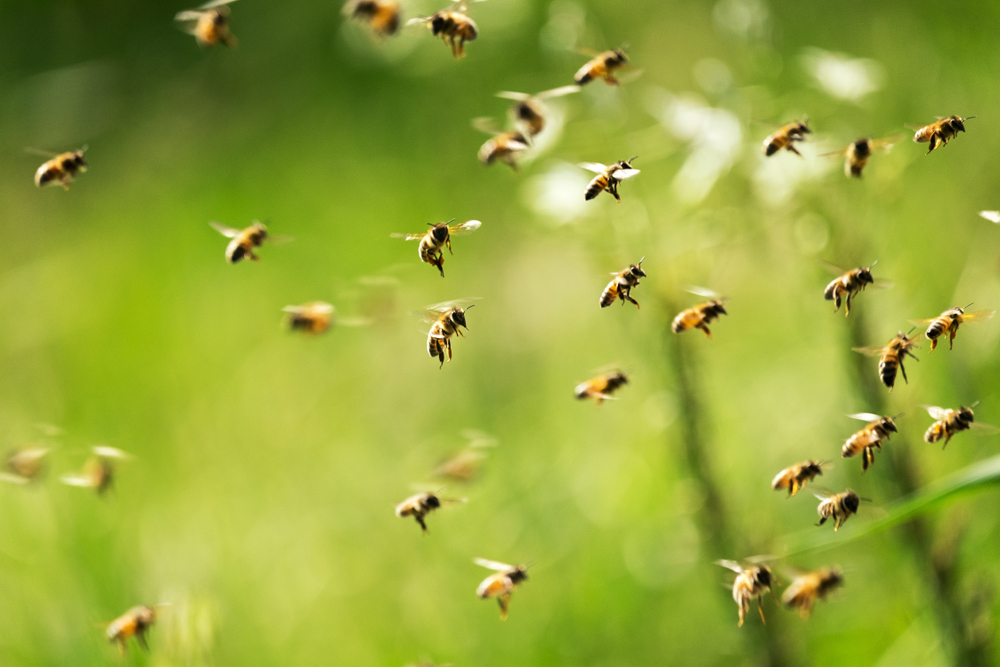
One of the biggest perks of organic gardening is how good it is for the soil. When you skip synthetic fertilizers and pesticides, you let the natural balance of soil organisms do their job. Healthy soil leads to stronger plants and better moisture retention.
Here’s what organic gardening can do for your garden.
- Support pollinators and helpful bugs
- Create safe habitats for frogs, birds, and earthworms
- Help nearby ecosystems stay balanced and alive
Water use tends to be more efficient in organic gardens, thanks to techniques like mulching and using compost. Plus, without chemical runoff, you’re helping keep nearby waterways cleaner.
Health Benefits of Organic Gardening
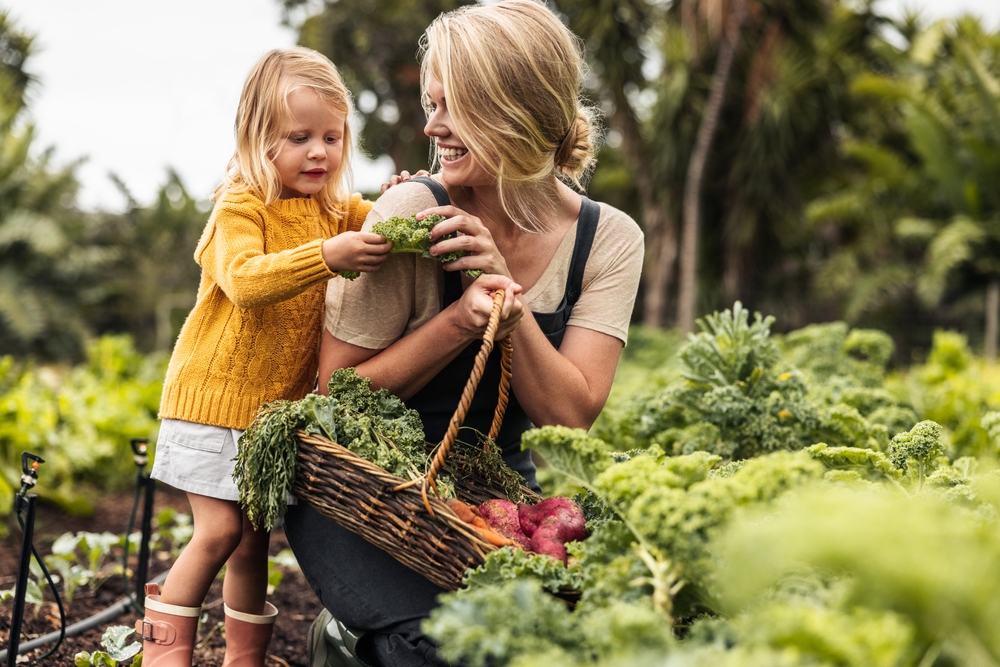
Growing your own produce without synthetic sprays means you’ll know exactly what’s on your food. Organic fruits and vegetables come straight from your garden without a layer of chemical residue.
Some studies show that organic produce can have higher levels of certain nutrients, especially when it’s picked fresh and eaten right away. Because organic gardening avoids genetically modified seeds, many people feel more confident in what they’re eating.
Economic Benefits of Organic Gardening
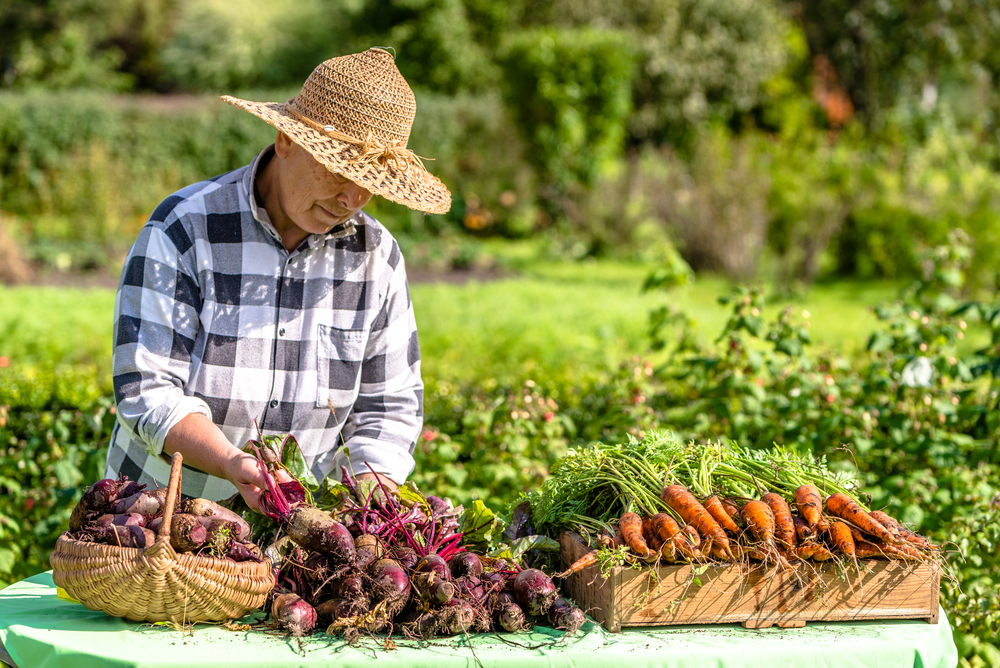
Once your garden gets going, it can save you quite a bit on groceries. Herbs, leafy greens, tomatoes, and other veggies can be expensive at the store, but pretty easy to grow at home.
Here’s where you might start seeing savings:
- Less spending on produce each week
- Fewer trips to the garden center for chemical treatments
- Long-term gains from healthier soil and fewer inputs over time
Some people even grow enough to swap with neighbors or sell a few extras. It’s a nice way to stretch your efforts a bit further and build community at the same time.
Impact on Local Wildlife and Pollinators
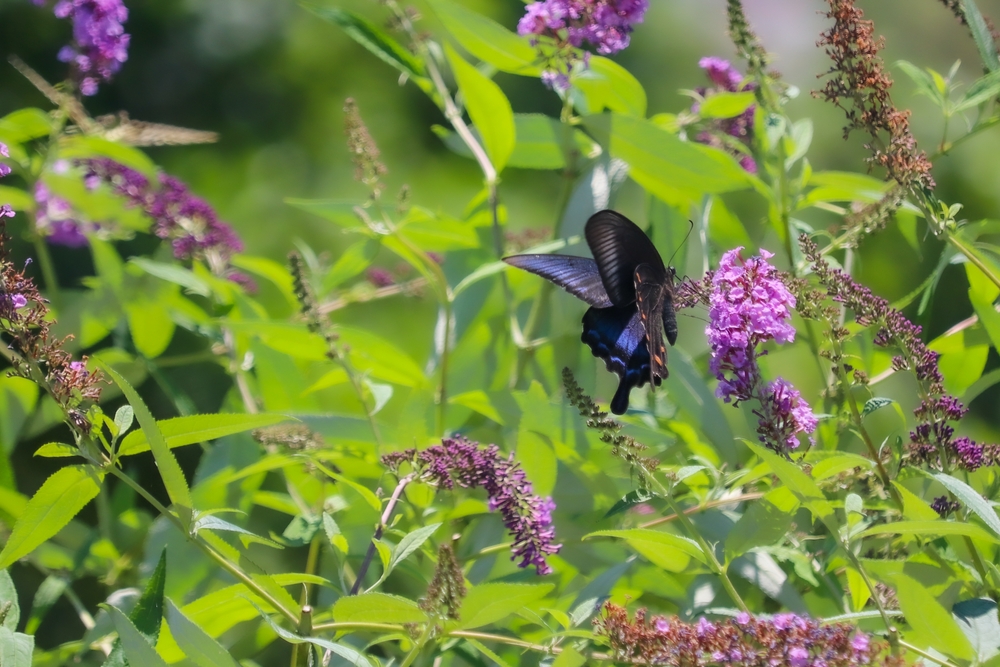
Bees, butterflies, and other pollinators love organic gardens. Without chemical sprays to drive them away, your garden becomes a welcoming spot where they can do what they do best.
When you avoid harsh chemicals, you also protect frogs, birds, and beneficial insects that help keep your garden in balance. Everything from soil microbes to birds gets a safer place to live.
Whether you’re in a backyard, on a balcony, or part of a shared space, an organic garden makes room for nature. Even a small patch can bring more life into the area.
Reducing Your Carbon Footprint with Organic Gardening
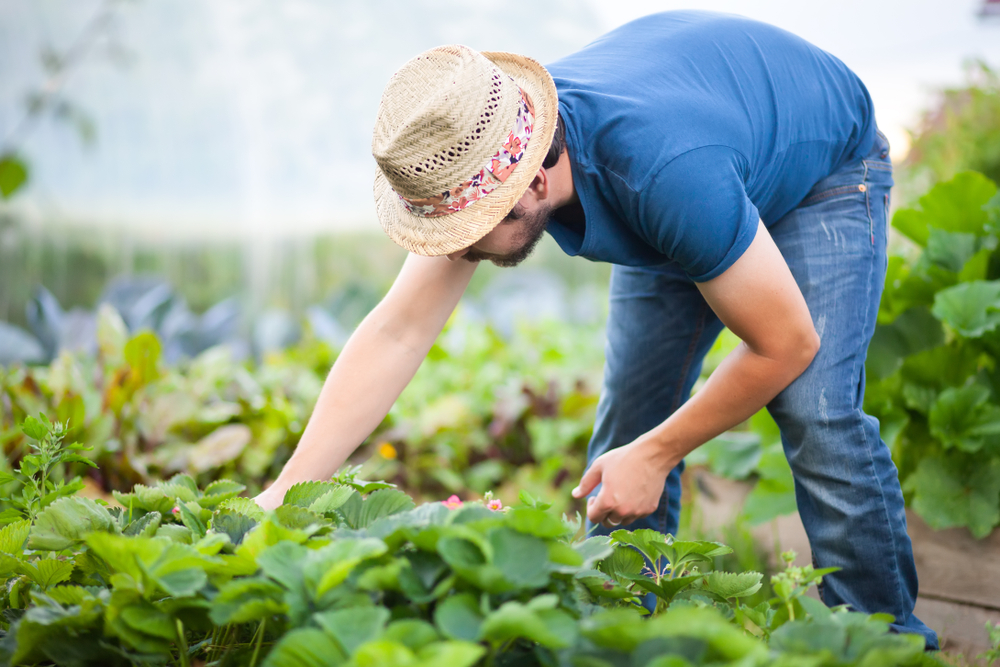
Buying food at the grocery store often means it’s been shipped hundreds or even thousands of miles. Growing at home cuts out all that travel and the fuel that comes with it.
Organic gardening usually includes composting, which keeps kitchen scraps and yard waste out of the landfill. Instead of tossing leftovers, you can feed your soil and make it even better for growing.
Starting Your Organic Garden: Tips for Beginners
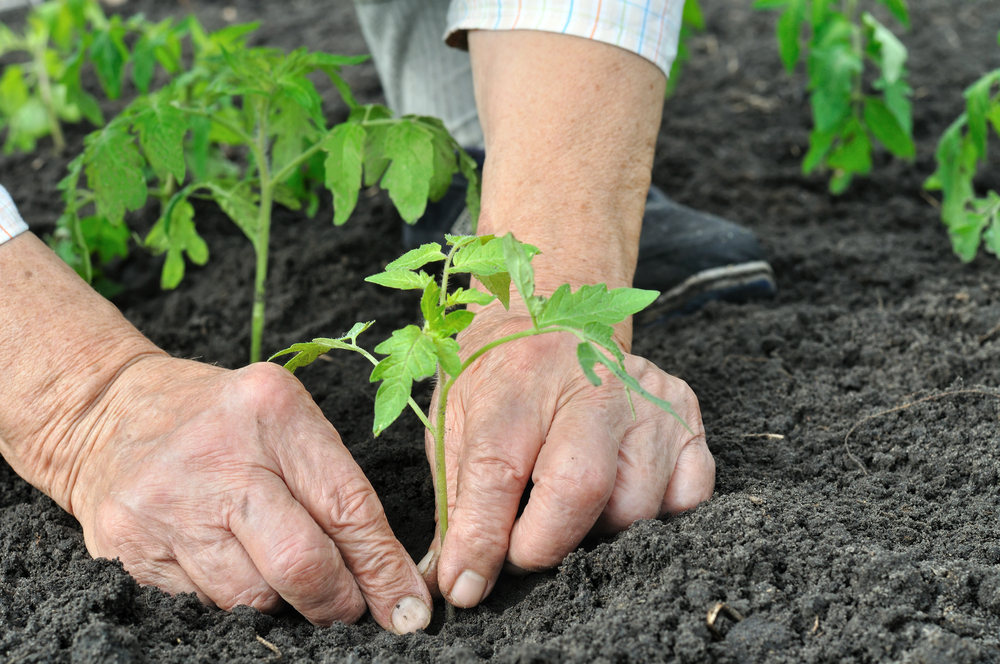
If you’re new to this, start with easy crops like lettuce, radishes, green beans, or herbs like basil and parsley. They don’t need much space and are pretty forgiving.
- Test your soil with a basic kit and add compost if needed
- Set up a compost pile or bin for food and yard waste
- Use mulch to hold moisture and suppress weeds
- Water early in the day to avoid mildew and evaporation
- Try companion planting or introduce ladybugs to help with pests
Keeping things simple in the beginning makes it easier to build confidence and grow from there.
Common Challenges in Organic Gardening and How to Overcome Them
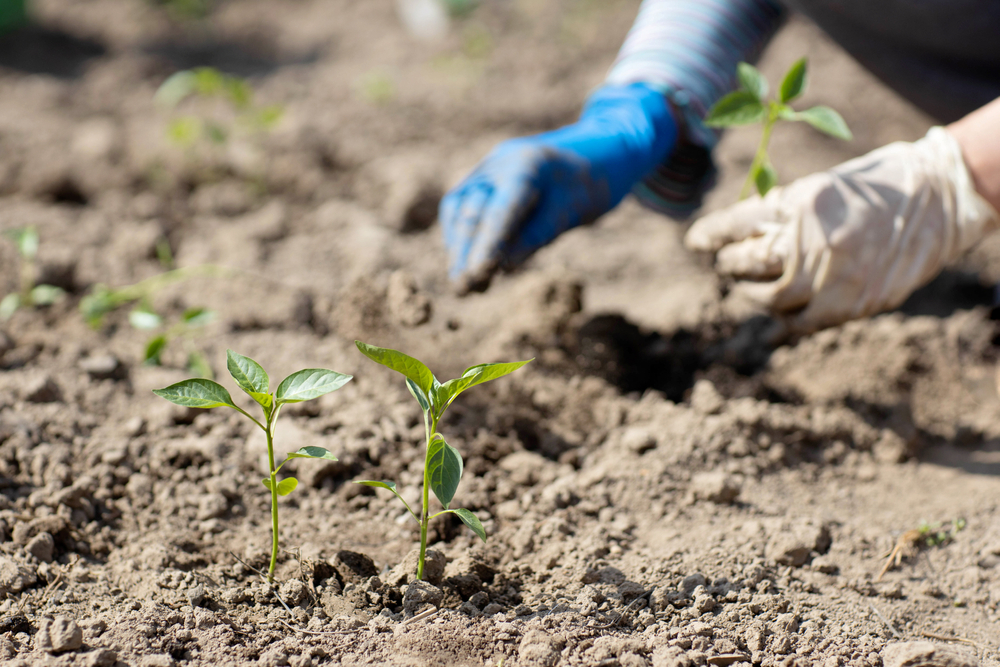
Weeds are a part of any garden, but you can manage them by using mulch, pulling them regularly, or even planting ground cover to crowd them out.
Pests can be annoying, but there are natural ways to keep them under control. Homemade sprays, row covers, and bringing in predator bugs can help without harming the rest of your garden.
Improving soil takes time, but it pays off. Add compost often, rotate crops each season, and avoid compacting your soil by walking on garden beds. Organic gardening can take more time up front, but it gets easier as your garden builds its own rhythm.
Organic gardening gives you a chance to grow your own food, help the environment, and feel good about how you’re doing it. It doesn’t have to be perfect or complicated. By growing naturally, you’re supporting your health, your local wildlife, and your wallet. That’s a win all around.
This article originally appeared on Avocadu.
